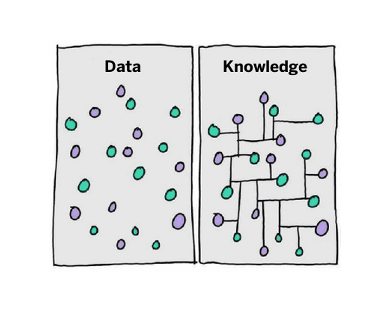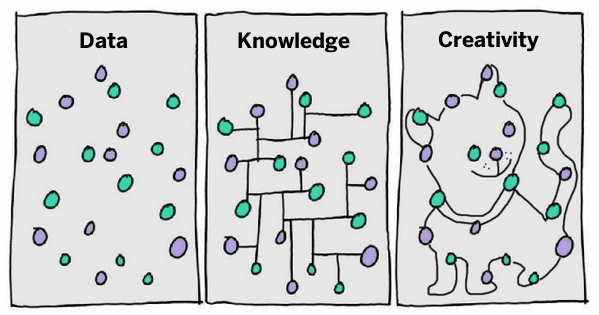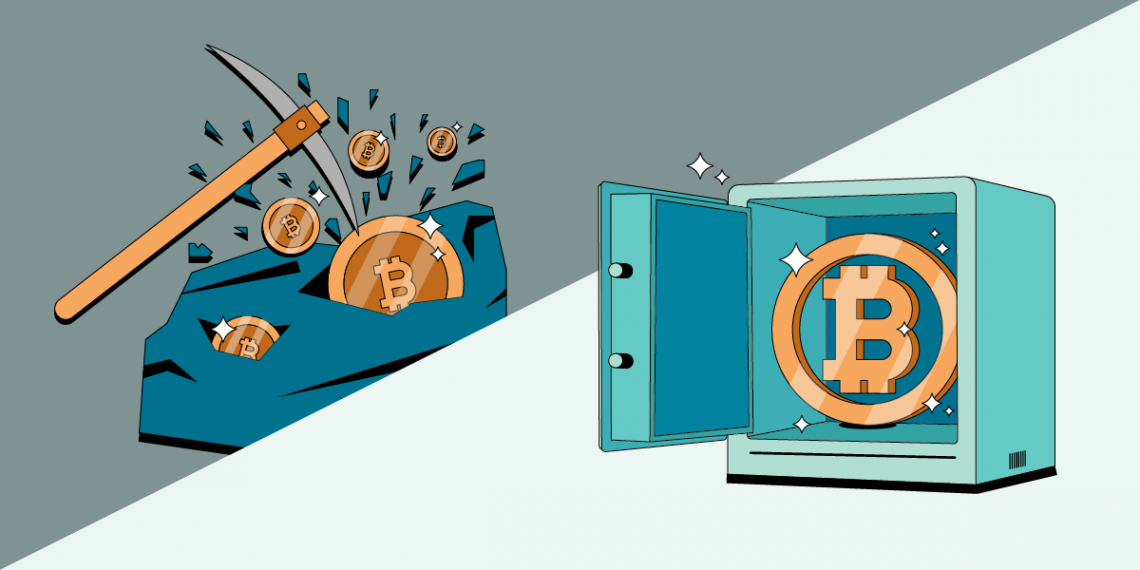Recent years, there’s been a lot of discussions about hoarding. In the literature, as described by the Mayo Clinic hoarding is, “excessive collection of items, along with the inability to discard them”. Reality television shows such as “Hoarders”, “Hoarding: Buried Alive” or “Britain’s Biggest Hoarders” pushed open the door to this habit, showing us a glimpse of madness located in almost everyone. Yes, probably you too.
Every day, we spend a lot of time on the computers for different purposes. It really doesn’t matter if you are reading online news, exploring new projects, searching for a new apartment, looking to buy a new car or researching for business opportunities, you always end up with lots of data, impressions and opinions.
What becomes of all that data?
Most often, people hoard common possessions, such as paper, newspapers, books, clothing, etc. Nowadays, we have a new term which describes the habitual characteristics of compulsive hoarding in cyberspace. By collecting the data and having the inability to discard or process it, data hoarding becomes a reality.
Rest assured, not every hoarding is a bad thing. We want to make clear difference between Data hoarding and Idea hoarding.
Data Hoarders are all who excessively collect and are unwilling to delete electronic material.
Those who online search for data and collects relevant information that are useful or valuable and knows what to do with them are Idea Hoarders.
| Idea hoarders are connecting the dots to transform data to new ideas for improvements. |
It’s good to be an idea hoarder. Idea hoarders search databases with the aim to collect information they can put to good use.
All that reading and exploring enable you to find something that is of value. The results of those activities are ideas. Each piece of information put together builds potentially new idea or even a new product. Collected information are mostly work, family or recreation related. Simple, if you want to décor your house you will search and save Art & Deco, Pinterest and Etsy pages until you find the one design that fits for you. For Idea Hoarder collecting is not chaotic compulsive habit, it’s a process, with stages, from research to exploring and execution of collected ideas. They have ability and need to organize and prioritize collected ideas. Most important of all is that Idea hoarders feel satisfaction while collecting ideas.
Companies, Idea hoarding can pay off! Imagine that for each step you take on your way forward, you have a pool of ideas to support it.
Today, companies need to innovate to stay competitive. The growth of an organization or company directly depends on its ability to capture new ideas and exploit them effectively. They often turn to software technology, encouraging employees to build database of knowledge because in many cases, that saved data can be of great value for the company. Software companies offer a host of tools for collecting, archiving, tagging, finding and working on documents, which are kept in the Cloud.
Idea hoarders are in reality intrapreneurs, whose cyber vigilance keeps the company afloat. Every piece of data they collect, can be put together to become a new service, new product or the next improvement. Each piece draws a different view for your top management to understand the trends and make the right decisions.
Some organizations put in place idea management systems to bring this all together and to give idea hoarders a playground in which they can place all ideas, collaborate and share meaningful data. They have a lot to say and present, because knowledge can only be grown, if the information is shared and expanded upon.
But, are you really listening your employees?







